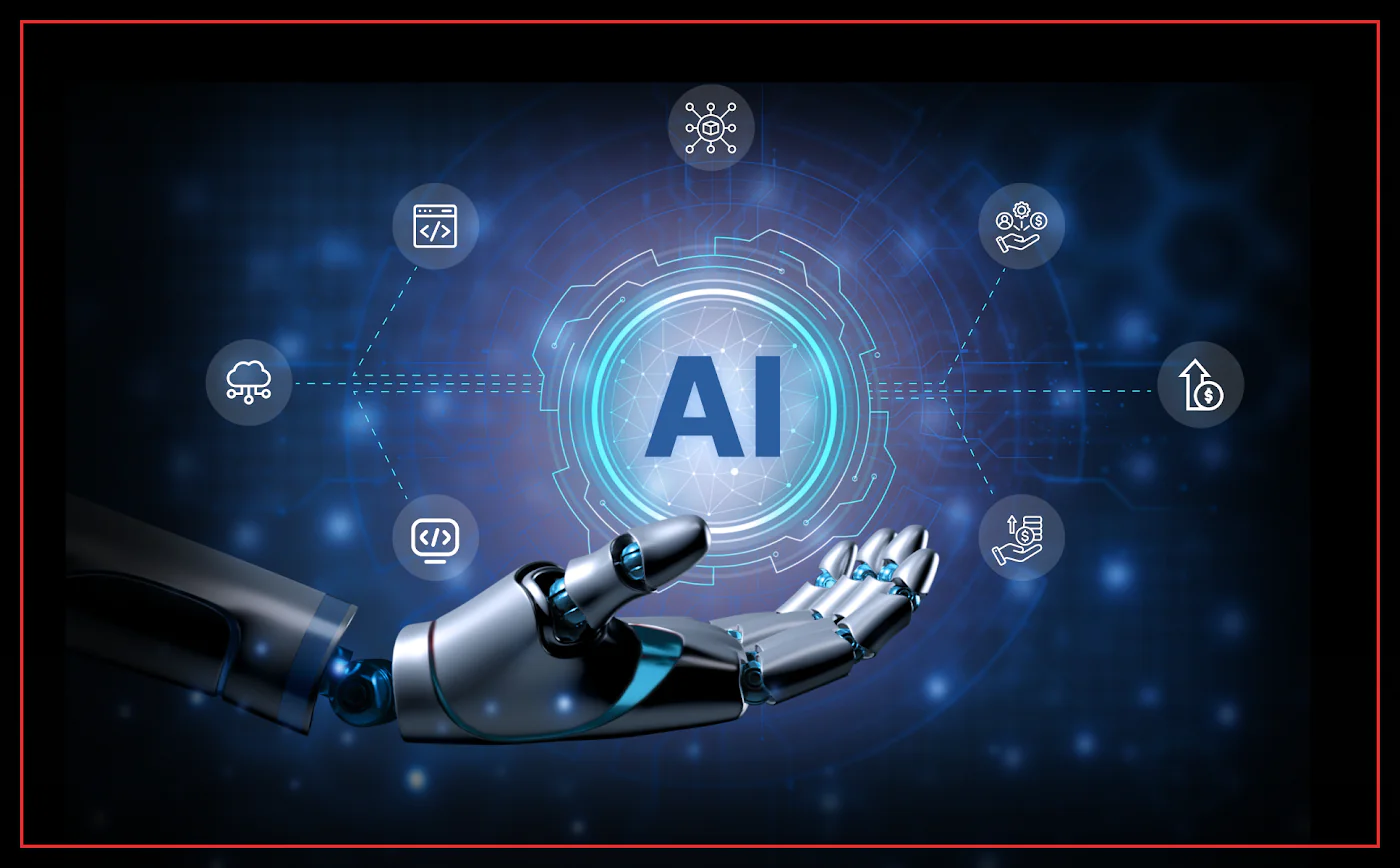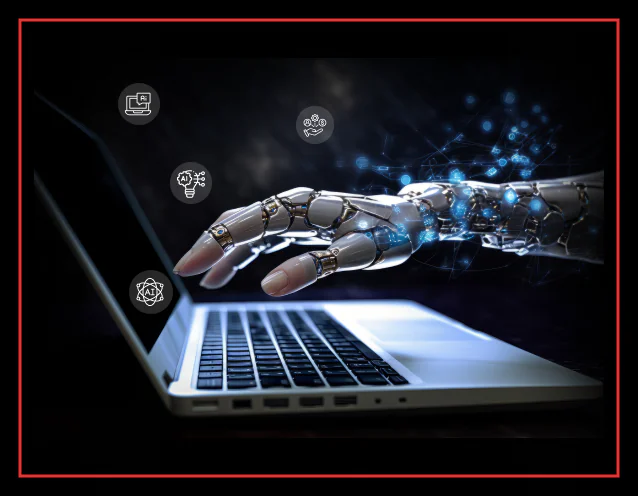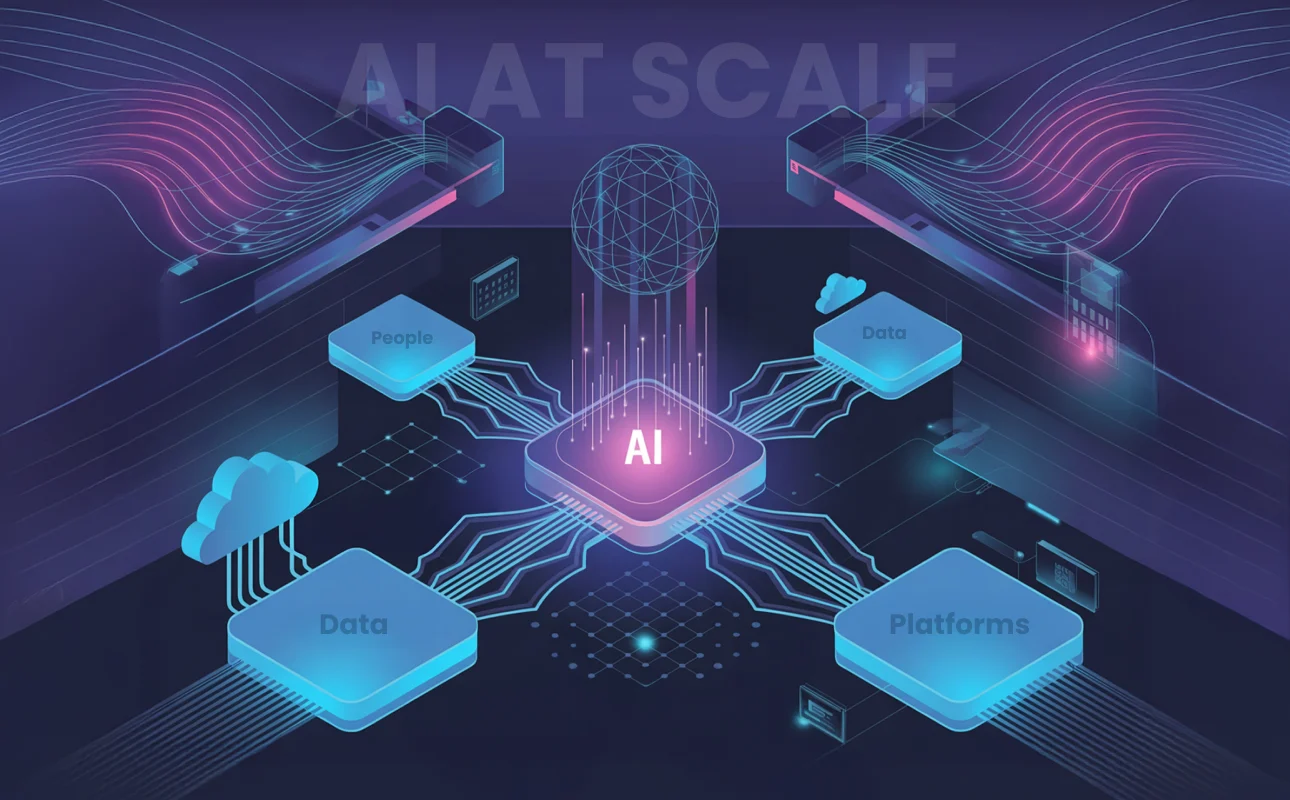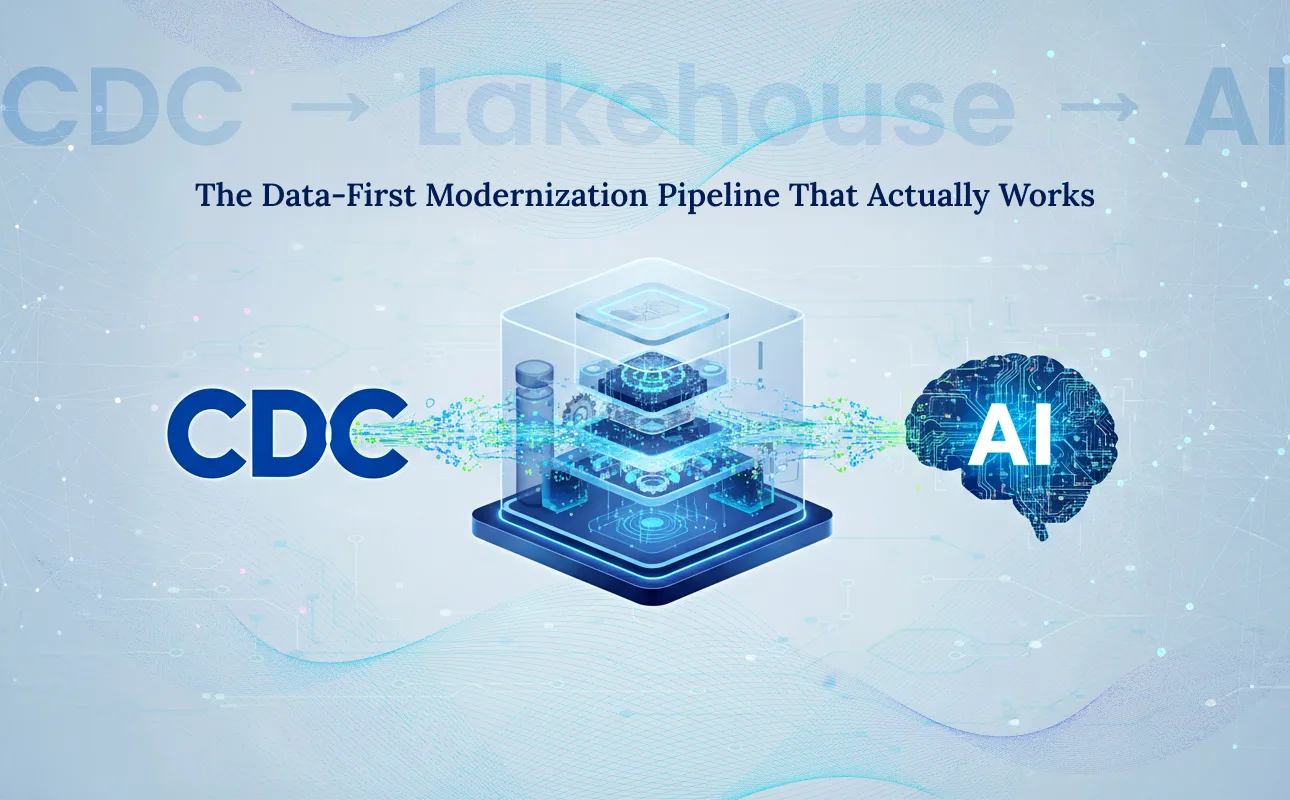Let’s say your company finally greenlit that exciting AI project. You chose a powerful model, spent weeks with a skilled development team, integrated everything into your tech stack, and proudly watched it go live. Job done, right?
No. I reckon it is only half a job done.
The reality is that an AI application development project can never be a one-shot, boom. It’s not like shipping a website or releasing an app update. AI systems learn, adapt, and often depend on live data, which makes them wonderfully dynamic but also uniquely delicate. To achieve the desired output, you must feed the models with new business data and test or fine-tune them accordingly.
For long-term success, you need two equally strong pillars: AI Development Services and Product Support and Maintenance Services. This dual strategy determines how companies grow, operate, and compete. This blog will unbox the details on why you must look for the right technology partner and how these two technologies go hand-in-hand that will future-proof your investment.






